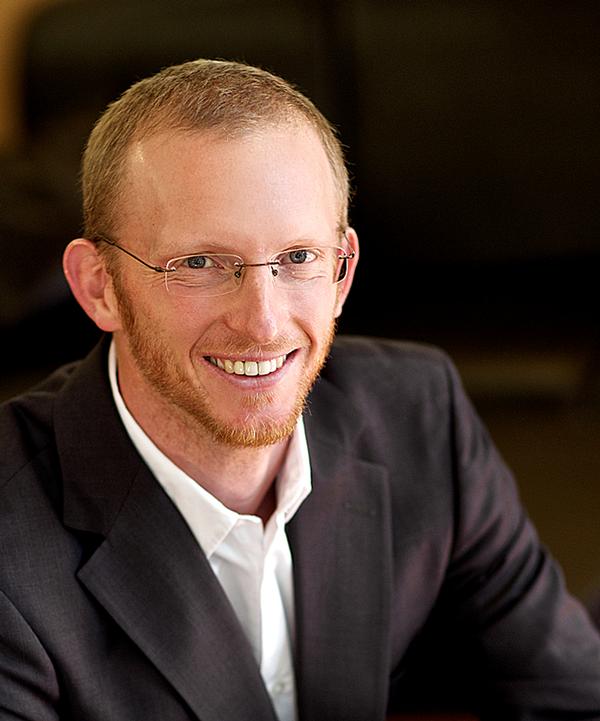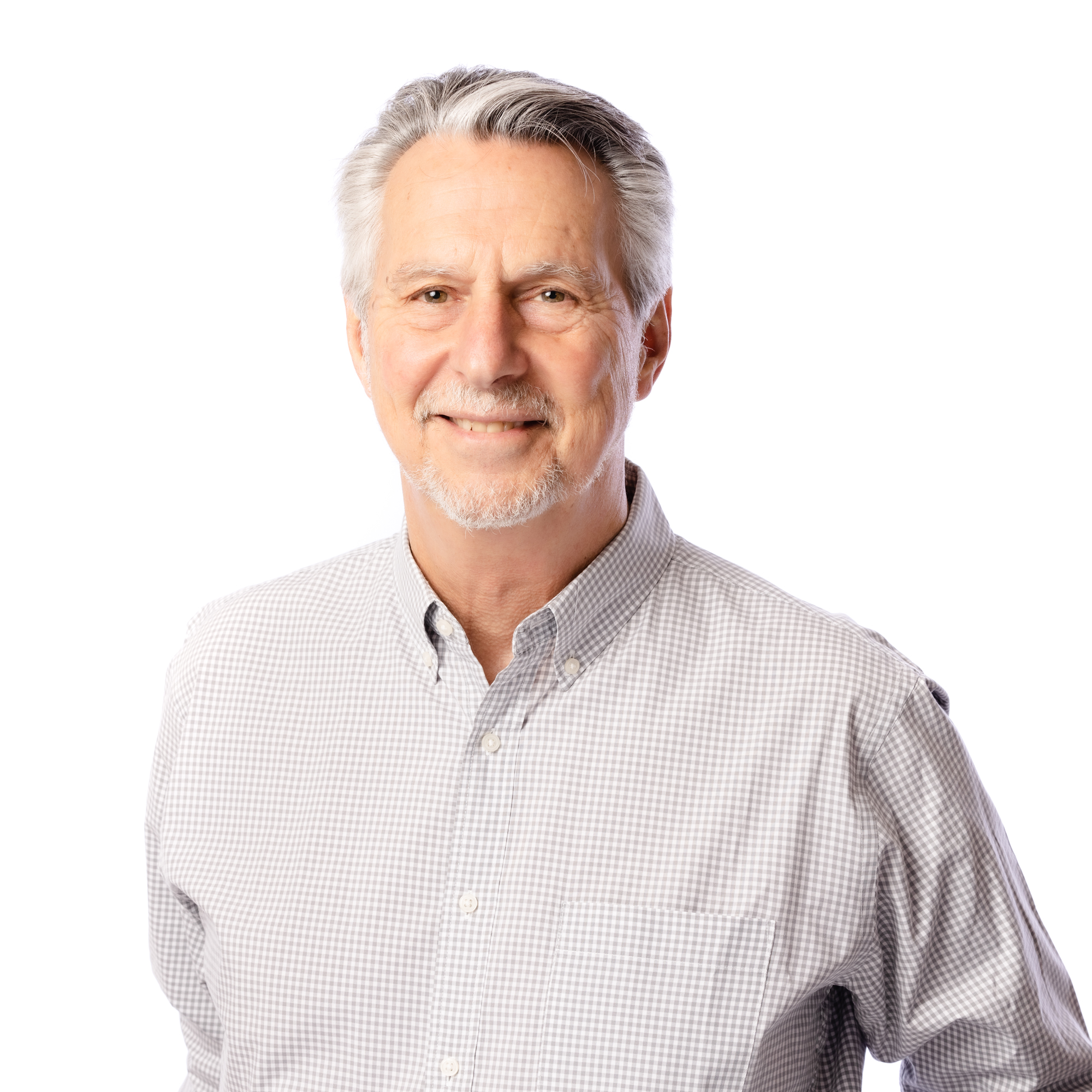The theory
While a gastroenterologist treats a range of acute complaints related to the digestive tract, such as peptic ulcer disease and colitis, there’s a growing number of experts who believe the gut actually holds the key to wider health benefits. There’s no official term to describe this therapy – it’s known by various monikers including gut restoration or digestive rejuvenation – but the theory is that establishing a healthy and functioning digestive tract will lead to the improvement of other ailments, even including mental health issues like depression.
Nutritional therapist Stephanie Moore of Grayshott Spa in the UK says: “A healthy digestive system is the route to overall health. The immune system, the manufacture of nutrients, the absorption of nutrients, the protection from toxins – all these depend on a healthy GI [gastrointestinal] tract. Good digestion is the starting point for many, if not all, health issues.”
Dr Stephan Domenig, medical director at the newly refurbished Mayr & More clinic in Austria, says: “We all eat too much, too fast, too late at night and gradually wear down our digestive systems, leading to a backlog of undigested food and toxins.
“Once your digestive system is cleansed, rested and you begin to eat the right things properly – that means chewing each mouthful at least 30 times – you can absorb nutrients and the liver can do its job, kick-starting better overall health.”
The background
Hippocrates, the ancient Greek physician who’s considered the forefather of modern medicine, is recorded as saying: “Disease begins in the gut.” In more recent centuries, two pioneers leading research into the complex nature of our digestion and its links with body and mind were the US doctor Byron Robinson, who wrote The Abdominal and Pelvic Brain in 1907, and British medic Johannis Langley, who invented the term the ‘enteric nervous system’ (ENS) around the same period.
The ENS, otherwise known as ‘the second brain’, is so called because our gut contains around half a billion nerve endings – more than in the spinal cord. It also manufactures around 50 per cent of the feelgood hormones serotonin and dopamine in our bodies.
The ENS is 9 metres long and runs from the oesophagus to the anal canal, not only controlling digestion but exerting a powerful effect on hunger and appetite hormones like ghrelin and CCK, as well as our immunity and mood.
How it works
As there’s no official definition for gut therapy, treatment protocols are open to interpretation.
The FX Mayr cure, devised in 1901 by Dr Franz Xaver Mayr, is a renowned protocol in Austria which focuses on digestion. Guests follow a calorie- restricted, low starch regime – in some cases drinking only tea or water – and chew each food morsel dozens of times. They also take Epsom salts as a bowel cleanse and receive regular abdominal massages and a range of other prescribed therapies.
Launched more recently, the gut restoration regime at Grayshott Spa in south England also offers a restricted calorie protocol (no sugar, grains or dairy) with two semi-fasting days each week. The regime is based on the 5:2 intermittent fasting rule, whereby you consume 500 calories a day on two days a week and eat what you want for the other five – although Grayshott still likes to keep calories in check. Guests also take probiotics and cultured foods and have therapeutic abdominal massages and other treatments to further aid their digestive systems.
Training
In Austria, the Mayr cure can only be delivered by doctors who have trained for at least three postgraduate years in the FX Mayr technique.
The regime at Grayshott has been devised and is delivered by a team of qualified resident nutritional therapists.
However, just as there’s no official definition for gut therapy, there’s no single designated training programme for practitioners and facilities wishing to offer this type of treatment.
Why offer it?
The more light scientists are shedding on how essential gut health is to overall physical and mental wellbeing, the more the general public is starting to take note. Recent documentaries such as the BBC’s Guts: The Strange and Mysterious World of the Human Stomach in the UK – presented by qualified doctor and author of The Fast Diet, Michael Mosley – have served to popularise this knowledge in the public domain.
If the theory is sound, and improving digestion can indeed help address a wide range of health ailments, then such a programme could potentially attract a wide range of clients.
And while thus far this sort of programme has been offered predominantly through spas, there’s no reason why health clubs couldn’t create their own non-residential gut health programmes, featuring structured nutritional advice and diet plans, abdominal massages and a specialised range of supplements.
This feature first appeared in Spa Business issue 2 2014, p60

























































